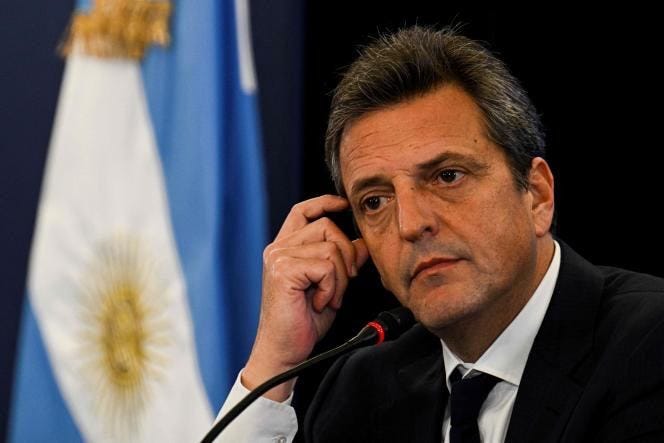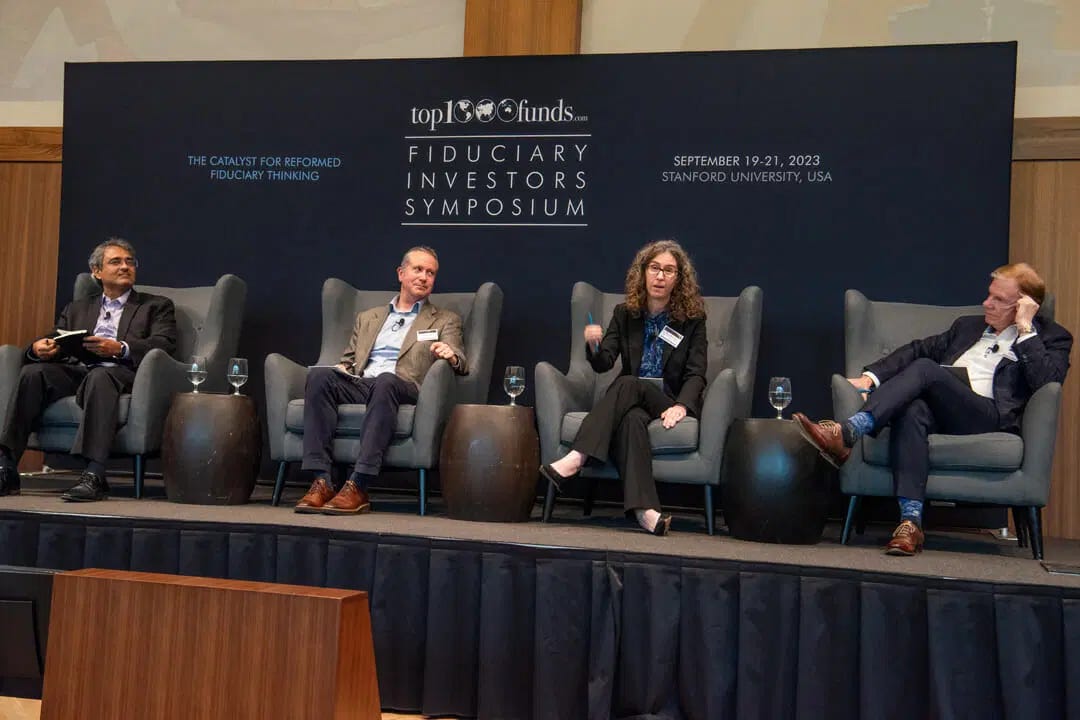Weekly Roundup | 10.3.2023
Top headlines and news impacting Latin America, Africa and Southeast Asia commercial real estate.
📰 Dunkin’ Plans to Open 100 Stores in Mexico
Currently the American brand has only 8 stores in Mexico. The new local partner is Moussali Group, owned by Frederic Moussali, who recently scaled MOYO Frozen Yogurt to more than 200 locations in Mexico, Costa Rica and Colombia. The brand first entered Mexico in 2015 but those efforts stalled.
📰 Far-Left Chilean President Predictably Plans to Spend More
This month is the 50th Anniversary of the 1973 military coup in Chile which ushered in “Chile’s Economic Miracle” and made it the most advanced economy in Latin America. On that backdrop, the leftist politician plans to lean in to failed ideology and tax and spend more. Chile’s fall from its pedestal of excellence is unabated.
📰 Failed Argentina Government Suspends Income Taxes to Buy Votes
Chile and Argentina (and Mexico) demonstrate that Latin America is struggling because of its abysmal politics and leadership. The failed government of Argentina is eliminating income taxes leading up to the election in less than three weeks to buy more votes to attempt to keep the disgraced administration in power.
📰 Major Chinese Lithium Mining Concessions Cancelled in Mexico
The nine cancelled lithium concessions were held previously by Ganfeng Lithium and cancelled due to failure to meet minimum investment requirements. The concessions cover the largest deposits found in Mexico and are in the state of Sonora. Ganfeng Lithium, the largest producer of lithium batteries in the world, is appealing the cancellation. It bought the concessions from a British firm in 2021 valued at $260 million with rights extending until 2065. AMLO nationalized Mexico’s lithium reserves earlier this year.
📰 Mexico Industrial Might be the Biggest Bubble in the History of LATAM Real Estate
An exclusive must read analysis from Emerging Real Estate Digest on Mexico’s industrial. We size up the hype against what the data says.
📰 Kasada Acquires 214-Room Hotel in Center of Cape Town
Kasada is a hospitality investment platform backed by the Qatar Investment Authority, the sovereign wealth fund of the State of Qatar. The fund closed in 2019 with equity commitments of over $500 million. Its mandate is to invest in hospitality assets in sub-Saharan Africa. The hotel purchased is the 214-room former Radisson Blu Hotel & Residence, opened in 2017, and located at 22 Riebeek Street in Cape Town. Kasada’s other properties.
📰 Nairobi’s Listed REIT Fahari Going Private
Fahari is the only REIT in Kenya permitting retail investors to participate, with capital outlays as low as $4 (i.e., Sh 600), will delist. The fund’s performance has been subpar and the retail investors were unwilling to provide additional capital needed to scale the business. It’s not easy establishing vibrant REIT ecosystems in a country. Don’t give up Kenya!
📰 Nigeria Institutional Property Investor Novare Lists Properties for Sale
The move should come as no shock. Private equity funds are required to return profits to investors after a period and at least explore exits. Unfortunately, the Nigerian property market is challenged at the moment, and the likelihood of suitable offers for the prime properties unlikely. In this instance, a minority of investors are offering their stakes in the properties to the market. Novare is a top institutional real estate investor in Africa and committed to remaining in Nigeria.
📰 Dearth of Institutional Investors for Nigeria Residential
The demand and need for affordable housing is immense, yet institutional capital flows are near zero. Efforts by the DFIs, NGOs and government to address the matter have been a disaster. The issues are poor regulations, corruption and overall poor management in Nigeria. Fix that, building and financing houses is the easy part.
📰 Pension CIOs Re-evaluate China Investments
At the 2023 Fiduciary Investors Symposium at Stanford University, CIOs of some of the largest pension funds in the world said they are reducing their exposure to China. The primary reasons for going underweight are increased geopolitical and economic risks in the world’s second largest economy. Much of the capital previously allocated to China will be invested in Southeast Asia, according to Mark Walker of UK’s Coal Pension Trustees.
📰 Thailand’s Automotive Sector is Central to its Manufacturing Industry
Thailand’s automotive sector accounts for around 10% of its GDP, or around $50 billion, and produces 1.9 million cars annually. As a comparison, Mexico’s automotive sector accounts for around 3.5% of its GDP, or around $65 billion, and produces around 3 million cars annually. BYD has invested $491 million on 96 hectares (i.e., 237 acres), Great Wall Motor’s $710 million investment covering an area of 65 hectares (i.e., 161 acres), and an investment from Foxconn and PPT over 50 hectares (i.e., 123 acres). The Eastern Economic Corridor (EEC) is the industrial center of Thailand and the hub of manufacturing in the country, with 50 industrial zones located in the three provinces of Chachoengsao, Chonburi and Rayong.
📰 Vietnam Expected to Cut Rates Another 100 Bps to 3.5%
Vietnam started 2023 with modest growth of 3.28% in the first quarter, down from 5.92% the previous quarter. Manufacturing accounts for 34% of Vietnam’s GDP and it has grown by a mere 1.1% this year and exports to America are down considerably. Lower rates will help reverse this trend. Its last cut was in June of 150 basis points.
📰 Canadian Property Advisory Firm Enters Vietnam and Southeast Asia
Avison Young has entered Vietnam, linking up with an existing 100-person team formerly under Colliers, another Canadian firm. The firm’s other Asian office is in South Korea. Essentially, this is a name change in Vietnam.
📰 Thailand Set To Receive $5 Billion from Tesla, Google and Microsoft
Tesla will build an EV manufacturing facility, and Microsoft and Google datacenters. Thailand is Asia’s fourth-largest automobile assembly hub. Thailand’s PM met with Elon Musk last week.












